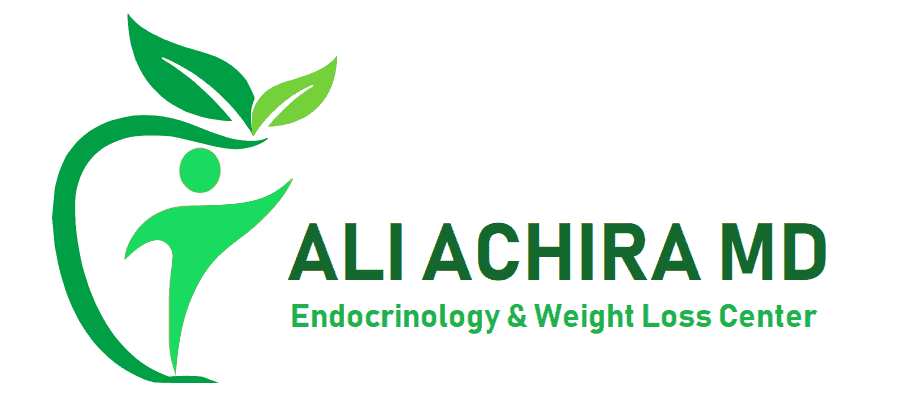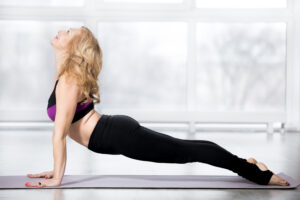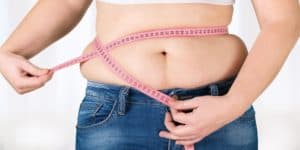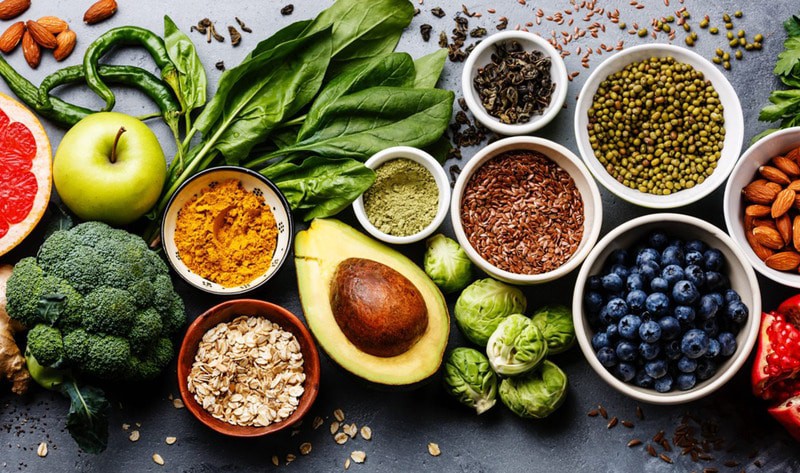For those looking to get the most out of their workouts, deciding what and when to eat can be difficult. As anyone who has scarfed down a big meal right before hitting the gym knows, timing matters.
Most people need roughly 0.8 g of protein per kilogram of body weight per day, which translates to about 55 g of protein for someone who weighs 150 lbs.
Even if you’re looking to build muscle, research suggests that consuming 20-40 g of protein at a time (roughly the amount in a can of tuna) is enough, and higher amounts may even reduce your ability to gain muscle.
Eating before exercise
Roughly 3 hours before a workout, eat foods that will keep your energy levels high, maintain hydration, and help you recover once you’re finished exercising.
That said, your body’s biggest need before a workout is carbohydrates, which fuel exercise. If you consume protein and carbs, the combination will prevent protein breakdown, which is why a balanced meal is key.
Fats are not the most optimal choice to eat before a workout as they don’t provide immediate energy, however, research indicates they don’t appear to diminish performance—and, they can help slow digestion, which will help maintain blood glucose and insulin levels.
a good pre-workout meal includes plenty of water, healthy carbs like whole grains, low-fat yogurt, and fruits and vegetables. While unsaturated fats and protein can be part of the meal, avoid saturated fats and overshooting on protein.
Eating after exercise
According to Platt, the first step to healthy post-workout recovery is drinking plenty of water. You can also opt to rehydrate with fruit juice, which provides carbohydrates as well.
Experts recommend consuming 0.5-1 cup of water every 15-20 minutes during exercise, followed by 2-3 cups of water for every pound of water weight you’ve lost during exercise.
Next, your post-workout meal should be balanced, consisting largely of carbohydrates and protein. The former will provide energy for the rest of the day and the latter will repair and grow muscles.
Listen to your body
Use these guidelines to feel more energized during exercise and make the biggest improvements afterward. But keep in mind that the guidelines differ depending on age, weight, type of workouts, fitness goals, and other factors. Monitor what you’re eating and pay attention to how your body reacts.






